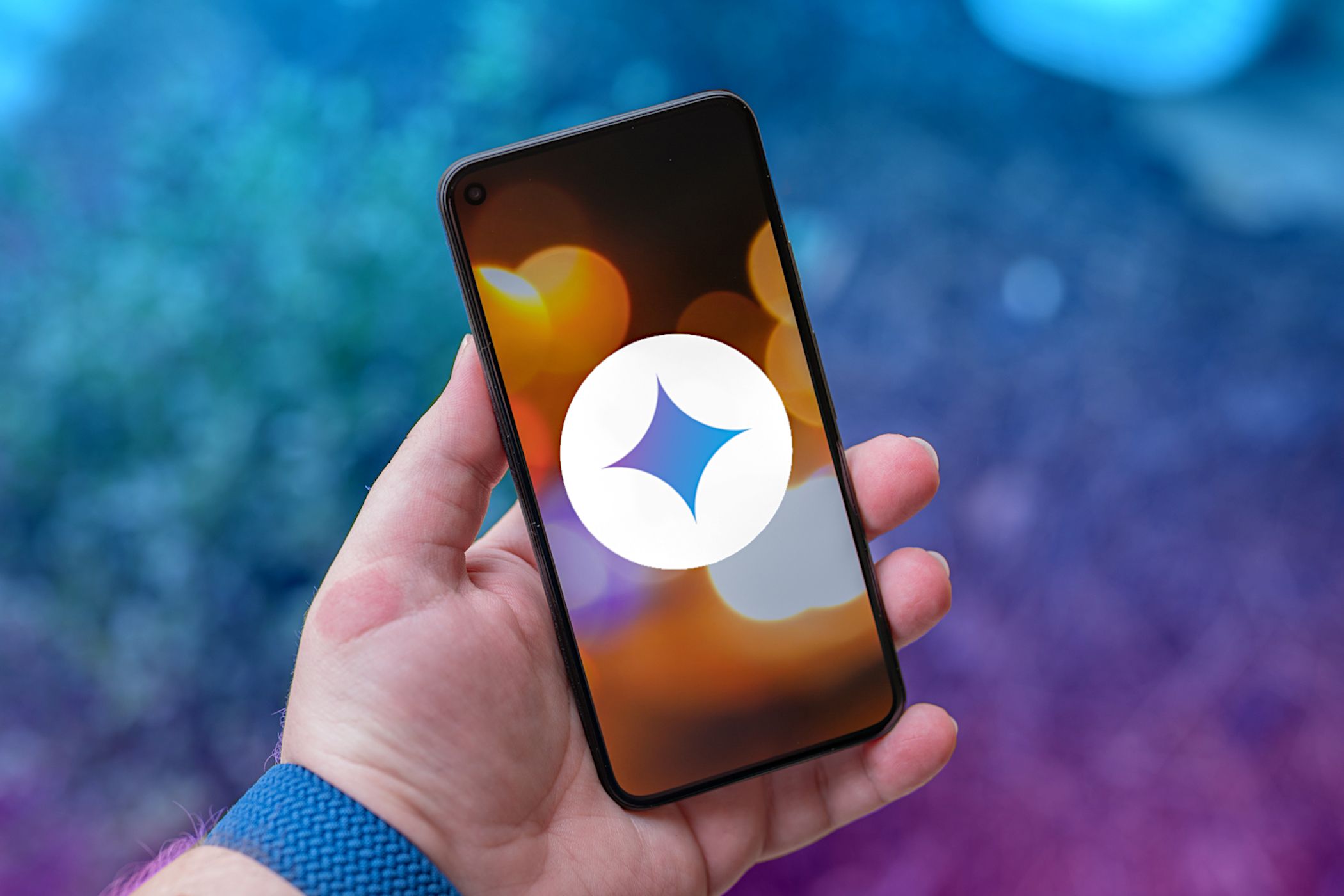As manufacturers try to differentiate their smartphones from the sea of Android devices, a new genre of smartphone has emerged: gaming phones. Razer Phone was the first to gain traction, but the likes of Xiaomi, Asus, and ZTE have all announced gaming-first phones coming soon. Still, you don’t really need to buy a “gaming phone” to play games like a pro on your smartphone.
Unlike computers, there are significantly fewer options when it comes to parts for Android phones. For example, Qualcomm dominates the processor game. This is good in the way that it’s easier for OEMs to pick their parts and develop for their platform, but it doesn’t lend itself well to diversity. For this reason (and others), gaming phones just aren’t necessary to play processor-intensive games like PUBG.
1: Identical Processors to Other Flagships
Qualcomm is responsible for over half of the processors used in Android devices (Samsung and MediaTek make up most of the rest). While mid-tier processors like the Snapdragon 660 can hold their own, this debate is really a battle of titans.
Let’s take the Razer Phone, as an example. It came out on Nov. 17, 2017. It has a Snapdragon 835 processor with an Adreno 540 graphics processor. That graphics processor is the most important part of the Snapdragon 835 with regards to gaming. When it was released, this chipset was simply the best of the best.

Now, compare that with the OnePlus 5T, which came out a week later. It also had the Snapdragon 835 with an Adreno 540. When you look at the benchmarks, the OnePlus 5T actually outperforms the Razer Phone in some areas like AnTuTu and Geekbench 4 single-core. The Razer Phone takes Geekbench 4’s multi-core performance, but even the victories that the OnePlus 5T were slight ones.
As the two processors are identical, it’s hard to find a clear winner. Something as trivial as a background service siphoning off resources could be the deciding factor for one or the other.

In terms of performance, it’s nearly impossible for a gaming phone to get an edge on the rest of its competition with regards to raw power because flagships are already equipped with the best processors available. Still, gaming phones have other features they like to tout, like high-refresh-rate displays.
2: High-Refresh-Rate Displays Aren’t Widely Adopted
This example almost exclusively applies to the Razer Phone, but its display with a 120 Hz refresh rate was one of the flashiest features of the phone. Standing alongside it is “UltraMotion,” which is like a first-party version of G-Sync/FreeSync. Still, it’s only been picked up by a handful of games.
Sure, you can manually enable the 120 Hz refresh rate for the games, but UltraMotion is what enables them to feel smooth and stutter-free. I’m all for it if this technology is going to be widely adopted, but if not — I find it hard to list it as a worthwhile feature on a spec sheet.

3: You Don’t Need OEM-Sanctioned Attachments
Xiaomi’s Black Shark will be the company’s first foray into gaming phones, and it’s coming complete with an attachable joystick. There’s no mention of whether or not it’ll come with the phone or cost an extra few dollars, but the idea of having an OEM including a “gaming” attachment is the main takeaway.
While it should be a great accessory, there’s no reason you need to get it from Xiaomi. There are plenty of Bluetooth controllers, like BEBONCOOL’s, that also comes with a phone attachment.
Even if you’re not looking to get a Bluetooth controller, every game was made with touch controls in mind. Even if you don’t like the configuration for a game, you’re usually able to change the layout, so you can fully customize the on-screen controls.

4: Developers Make Games Accessible for Everyone Anyway
Say you don’t have a flagship device. Instead, you have one with a mid- or low-tier processor like one of the Snapdragon 600 series or Snapdragon 400 series. Even so, your device shouldn’t really struggle to play games off of Google Play.
Games like PUBG will even adjust your graphics based on your processor. It might not be the absolute smoothest experience, but developers want you to play their games, so they make them as graphically accessible as possible to a wide variety of devices. Don’t feel like you need a gaming phone because your budget option isn’t cutting it.
I’m not intentionally trying to deter you from buying a gaming-focused smartphone, just trying to make you aware of what exactly you’re getting with it. The Razer Phone, for example, is a fantastic device in its own right, even if it comes with a few “unnecessary” bells and whistles. If you like it regardless, then go for it.
Hot Deal: Set up a secure second phone number and keep your real contact details hidden with a yearly subscription to Hushed Private Phone Line for Android/iOS, 83%–91% off. It’s a perfect second-line solution for making calls and sending texts related to work, dating, Craigslist sales, and other scenarios where you wouldn’t want to give out your primary phone number.
“Hey there, just a heads-up: We’re part of the Amazon affiliate program, so when you buy through links on our site, we may earn a small commission. But don’t worry, it doesn’t cost you anything extra and helps us keep the lights on. Thanks for your support!”











